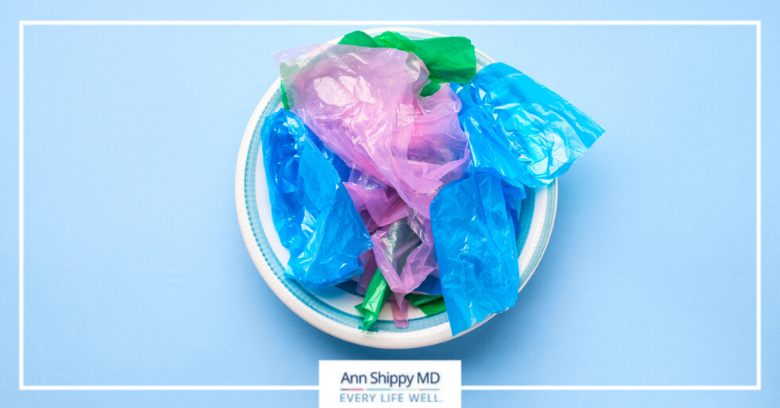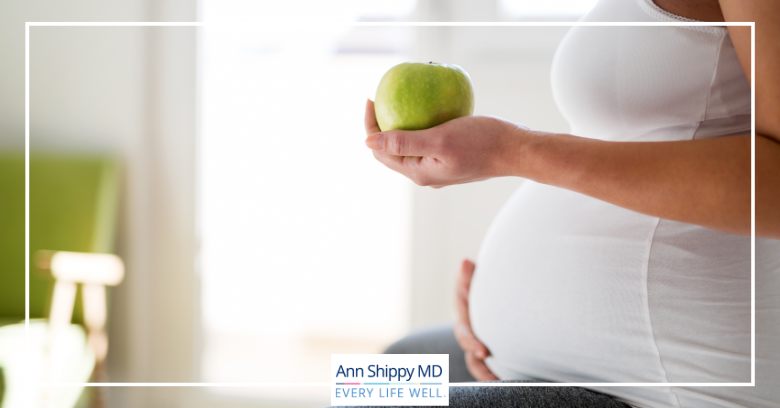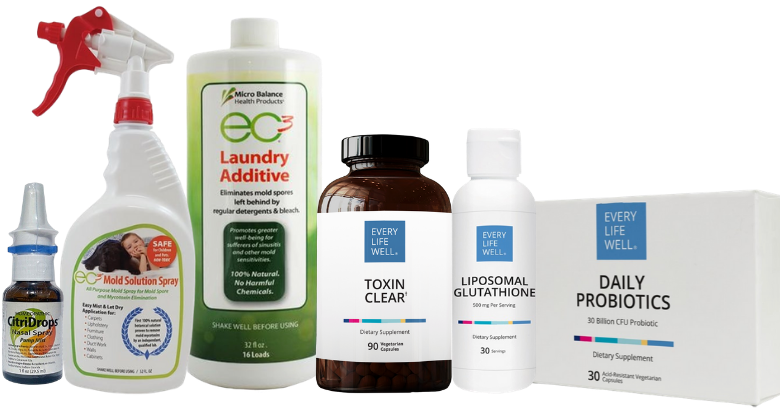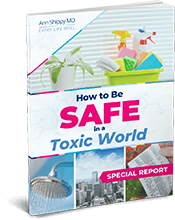Recent research that is still under review is estimating that the average person consumes a credit card’s worth of plastic per week (about 5 grams)!
For years, my peers and I have been talking about BPA (Bisphenol A) in our patients’ lab results, and seeing the results of endocrine disruption and other health issues. More research is coming out about “microplastics” in the environment, and Consumer Reports recently came out with an excellent comprehensive article explaining what this means for our health, entitled, “How To Eat Less Plastic.”
Here are some highlights from the article:
- Microplastic particles are defined as 5 millimeters at their largest; most of the ones we ingest are far smaller.
- Humans have produced more than 8 billion tons of plastic, mostly since the 1950s. Less than 10 percent of it has been recycled.
- We’re not just eating and drinking the microplastics– we are also breathing them. We breathe in tens of thousands of tiny plastic fragments or fibers every year.
- One research review published in June 2019 calculated that just by eating, drinking, and breathing, the average American ingests at least 74,000 microplastic particles every year.
- Research is showing that microplastics may be able to cross the blood-brain barrier, and they may also be able to reach a developing fetus through the placenta.
Here are some of the ways they suggest avoiding plastic ingestion:
- Don’t drink bottled water. This article said that tap water may frequently be safer than bottled water in this regard. While that may be true, I also strongly recommend filtering your home tap water with a highly-rated reverse osmosis system. Here is an excellent guide to water filters from Environmental Working Group. I also like the AquaTru system, which is endorsed by Erin Brockovich.
- Don’t heat food in plastic. I would add that I don’t even recommend using plastic containers– glass is best for most food storage.
- Eat more fresh food. I completely agree with this, obviously, but it bears emphasizing that processed foods mean packaged foods. The less packaging, usually the less plastic touches the food. I would also add that your fresh food should be organic whenever possible to further reduce your toxic load.
Overall, I am hopeful that this message about plastics is reaching more people and becoming part of the mainstream conversation. What are your thoughts?













